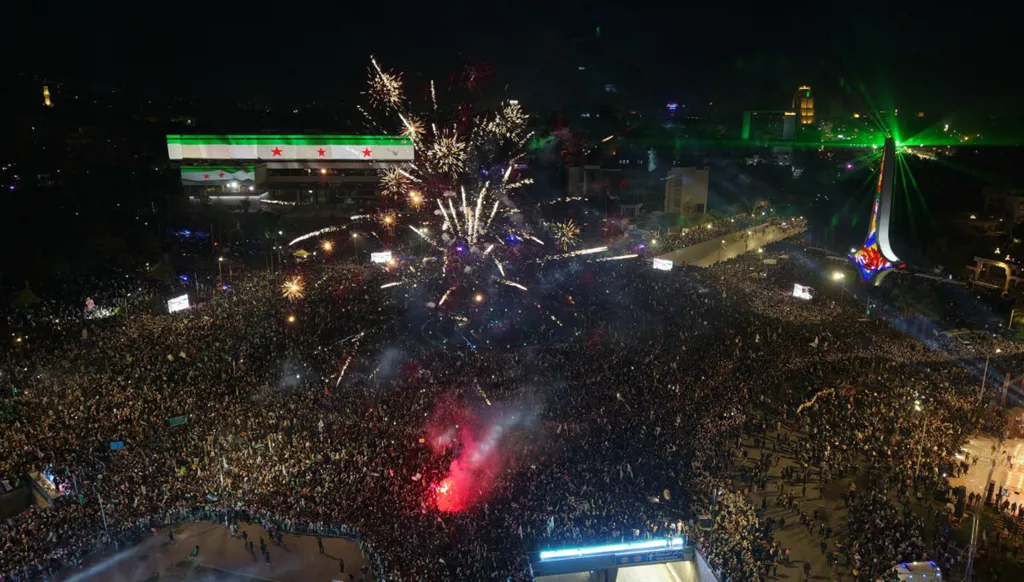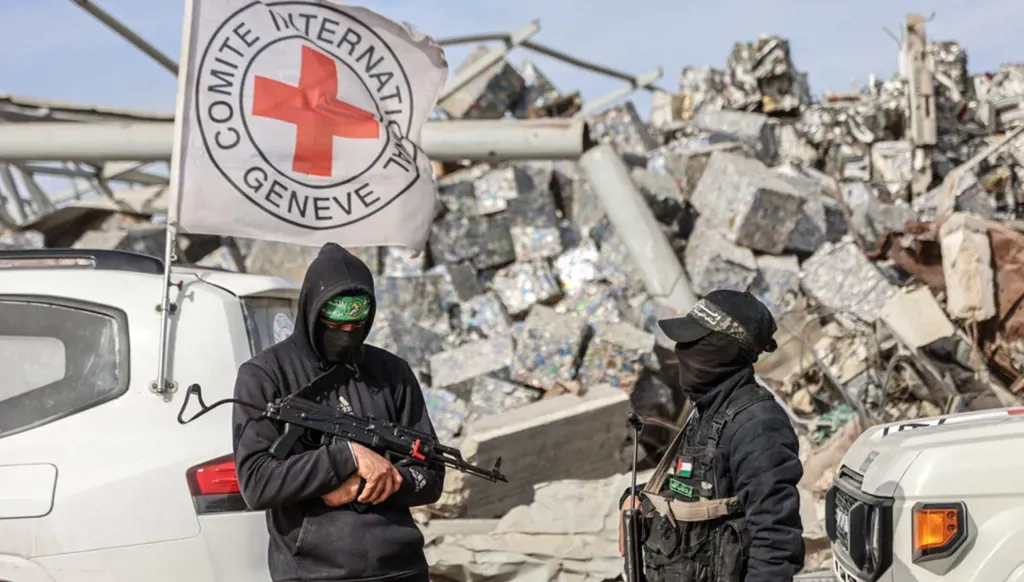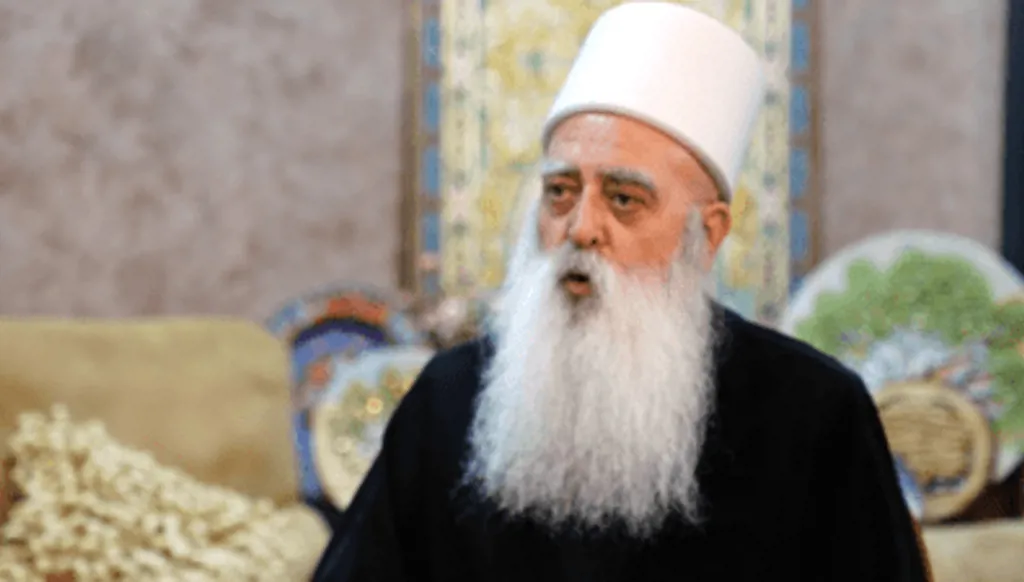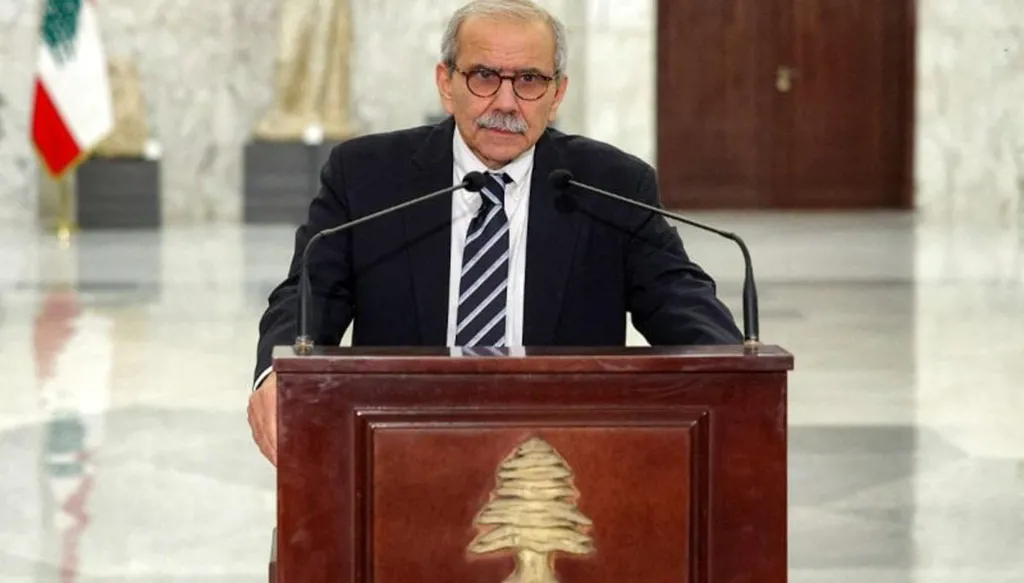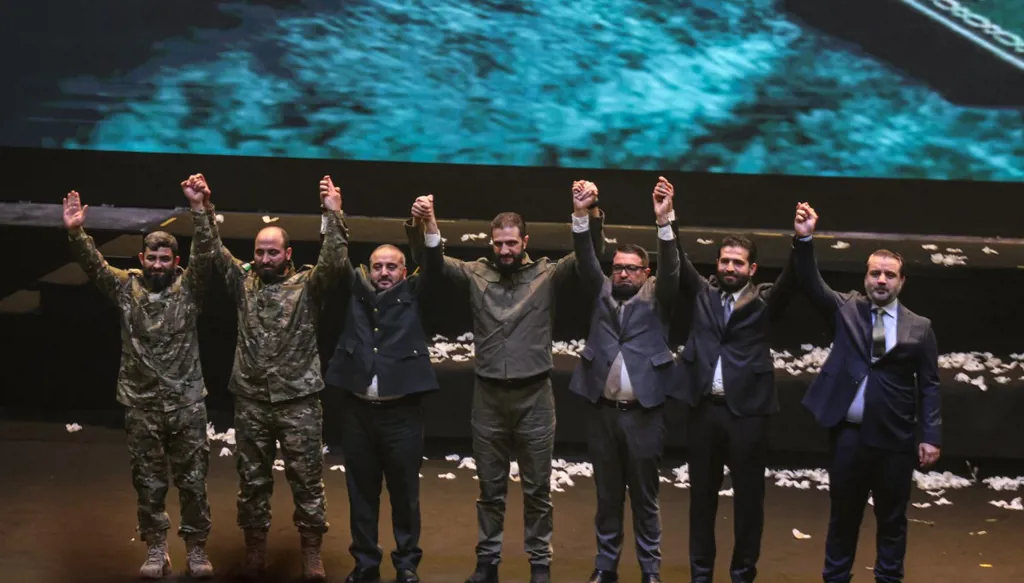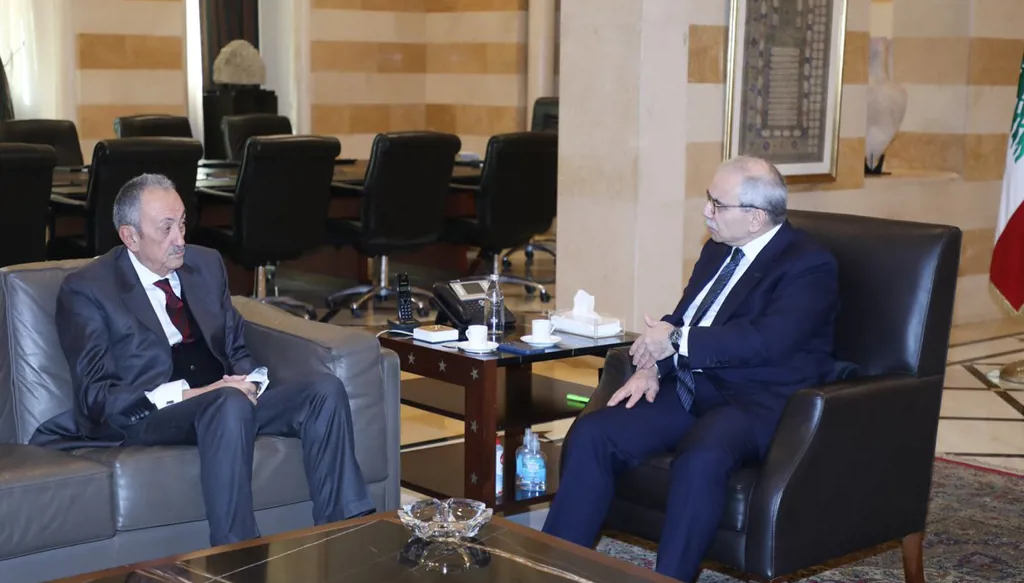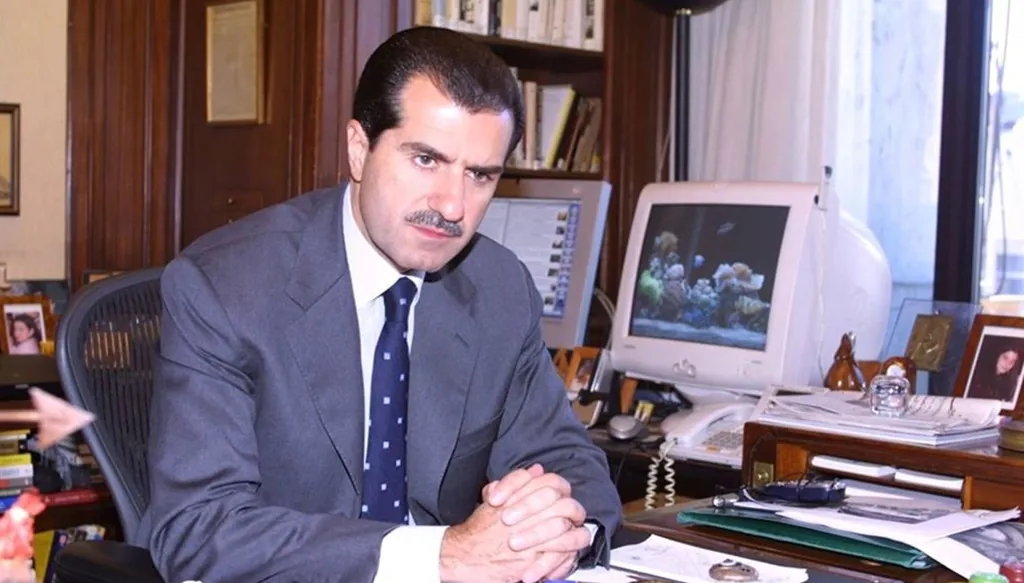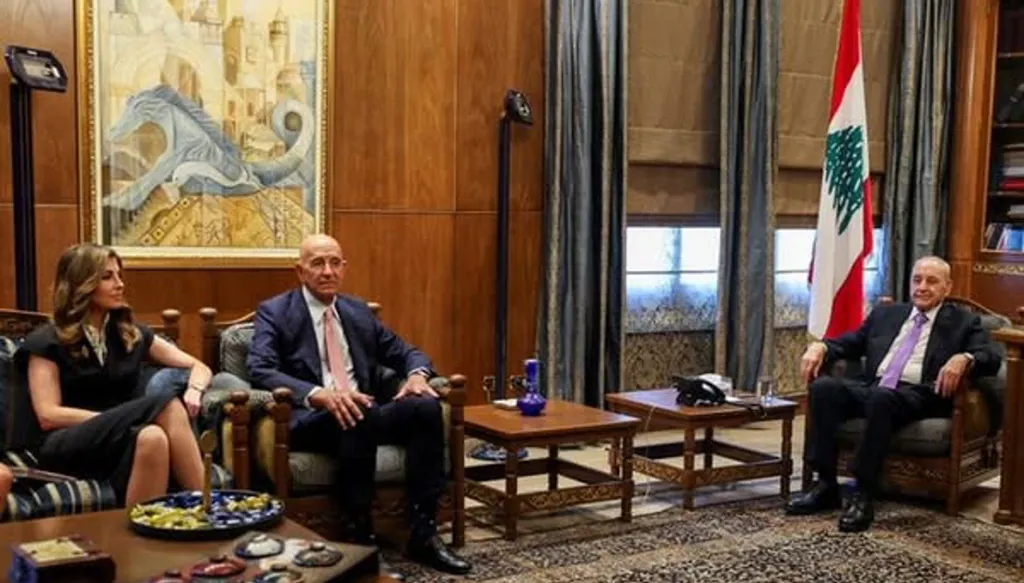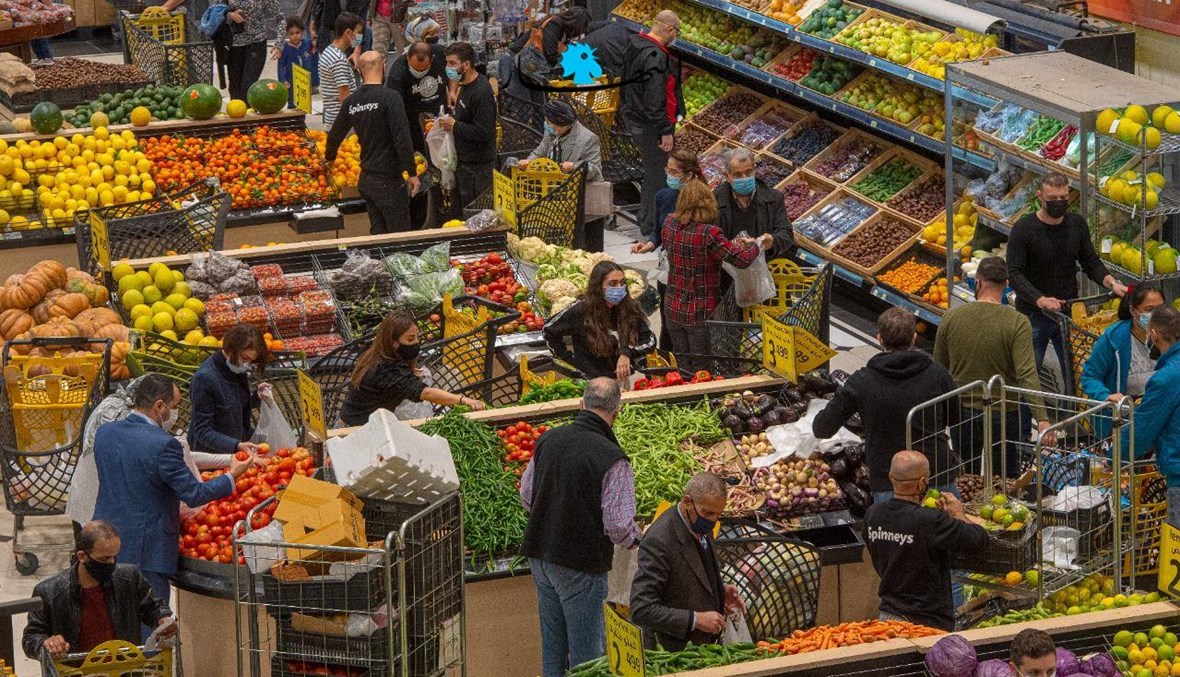
Firas Abi Nassif
Imagine Lebanon’s political economy transcending the squabbling over the carcass of a defunct economic model and striving to build a modern, productive and inclusive one. Such a model will need to be anchored in the country’s comparative advantages, in which this article delves, shedding light on the following areas: what Lebanon’s comparative advantages are, how they should be reshaped and honed, and what economic model they can enable.
Lebanon’s “natural” comparative advantages
The starting point to fathom Lebanon’s “natural” comparative advantages ought to be “our culture”, and specifically the domains on which our culture has historically placed value: the emphasis on esthetics, beauty and status led to the development of excellence in creative industries; the emphasis on learning led to a world-class education sector that experienced its golden era between 1945 and 1975 and contributed to the development of a rich intellectual capital; the prominence of diversity, shaped by our geography, led to regional and global linkages; the propensity to take risks and an “impatience” that favors quick gains over long-term planning led to the development of a culture of entrepreneurship focused on commerce; the obsession with vanquishing an age-old unstable macro environment engendered a culture of resilience (in its positive sense of creative adaptability) and waves of emigration that endowed Lebanon with a large and resourceful diaspora. All these comparative advantages – the culture of creativity and entrepreneurship, the rich intellectual capital driven by a robust educational system, and the regional and global linkages through the country’s diaspora – have brought about an additional and crucial one: Lebanon’s valuable “brand”.
Muscles’ atrophy
Just like relentless training is essential for a naturally endowed athlete to continually develop, nurturing and honing a country’s “natural” strengths is necessary to remain competitive in a globalized world. Sadly, but also undeniably, Lebanon’s comparative advantages have massively eroded over time. Education has become inadequate in imparting the needed skills required for international competition. In the age of globalization and with the emergence of regional competitors, Lebanon’s historically valuable geographic location has lost in importance. A weak state has failed to develop the requisite soft infrastructure (legal, regulatory, administrative, fiscal, monetary and financial) as well as the physical infrastructure (transport, electricity, telecommunications, ports), and extended periods of currency overvaluation and high real interest rates have contributed to the hollowing of productive capacity. All this, underpinned by ruinous political paralysis and regional instability, has led to some irreversible brain drain, impeded investment and innovation, and thwarted Lebanon’s entrepreneurial drive. Lebanon’s global “ease of doing business” rank of 142 out of 190 countries gloomily says it all, and brings home the recurrent grievances echoed across a Lebanese business community that bemoans having to constantly “defy gravity”.
Honing our strengths and reviving our “brand”
Lebanon’s “je ne sais quoi”, perhaps its most valuable comparative advantage, is an intangible asset that now hangs in the balance. As marketing theory attests, salvaging a brand is no easy undertaking, and it is indisputable that some brand damage has already been done. It is therefore imperative to act on multiple fronts. On education, an overhaul of curricula to foster the upgrading of skills – including digital skills, communication, critical thinking, entrepreneurship, and leadership – is required. In addition, the public education sector must be substantially improved through the sharing of capabilities and knowhow between private and public educational institutions, coordination programs, mergers (consolidation of institutions), and local as well as international partnerships. The public education sector must also be radically reformed through merit-based teacher recruitment, teacher training programs, and a merit-based acceptance system at university level. On the diaspora front, the aim should be to strengthen the “virtuous circle” between Lebanon and its diaspora, leveraging the intellectual and financial resourcefulness of the latter. This can be achieved by building diaspora institutions that reduce barriers to diaspora engagement, by providing opportunities for more productive investment of remittances, by using the skills and experience of the diaspora to fill local knowledge and skills gaps, and by attracting direct investments from the diaspora through judicious incentive schemes, and making the country a desirable base for the diaspora’s global business through measures such as improved environmental protection, affordable land and housing, and competition-fostering regional decentralization. Apart from the obvious imperative of political stability, the regaining of confidence, and the need to overhaul the country’s physical infrastructure, specific actions must be taken to radically improve Lebanon’s global ranking in ease of doing business, including: improving the country’s soft infrastructure and business environment (efficient administration, e-government, legal and regulatory infrastructure overhaul), developing state programs that identify national talents and invest in talent attraction and retention, expanding capital markets in breadth and depth to enable alternative sources of financing to bank credit, and implementing the policies needed to preserve monetary stability – price stability, currency stability, and a flexible exchange rate regime.
Enabling a new economic model
A massive opportunity lies ahead if Lebanon were to succeed in reviving its comparative advantages and its brand. This strategic repositioning of sorts would allow the country to truly leap forward into growth prospects that can be bolstered by three potent enablers: culture, talent, and global linkages. Specifically, Lebanon can leverage its global human capital to grow in asset-light technology-enabled service sectors such as financial services, health services, and high value-add nearshoring services. Importantly, Lebanon can leverage its culture to grow in areas that did not exist as recently as a decade ago such as ecotourism, organic agriculture enabled by Lebanon’s ideal climate and biodiversity, culture-rich specialty food exports, and traditional craft. Culture can also be leveraged in longstanding creative industries such as fashion, publishing, visual arts, advertising, architecture, cinema, and performing arts, and must also be the cornerstone of traditional tourism. The role of culture is therefore central to Lebanon’s strategic repositioning because culture is unique to a country and is consequently the comparative advantage that is hardest to replicate. The Lebanese diaspora, which has grown massively in recent years, and thereby maintains fresh ties to the homeland, must also play a central role across all these growth prospects, be it as a consumer of homemade products, as a source of business opportunities within the global value chain, as a source of financing, and importantly, as a provider of talent, technology and knowhow.
Just as this article started by using our Lebanese culture to tease out Lebanon’s comparative advantages, and ended with highlighting the central role of culture in defining the future and modern economic model for Lebanon, we, the Lebanese people, are invited to break free from a ruinous aspect of our culture as a necessary step on the road to building this new model: we must free ourselves from the sectarian fault lines that generations of corrupt rulers have exploited to siege us, and bring to the forefront in our collective national consciousness the necessity of building a cross-sectarian, cross-regional and cross-generational coalition that brings about the political will and skill for change. The 2022 parliamentary elections are but the first milestone.
*Firas Abi-Nassif is a co-founder and Managing Partner of Teleios Capital Partners. He currently also serves as Chairman of the Board of Directors of Kongsberg Automotive, a publicly traded company and leading global automotive supplier with over 11,000 employees.
Firas is also a board member of LIFE (Lebanese International Finance Executives) and a member of the Steering Committee of Nahwal Watan.
Over the course of his career, Firas produced seven internationally patented inventions in the field of telecommunications, which are referenced by over 200 other United States patents.
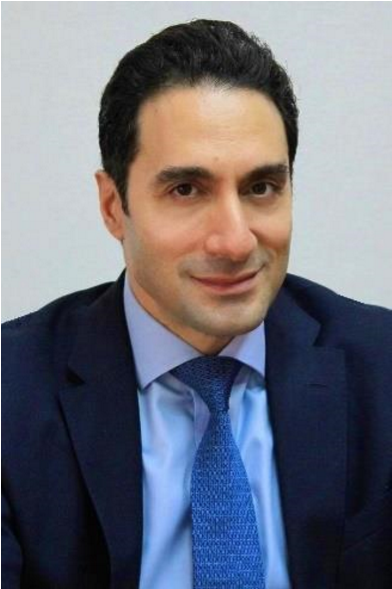





 مسنجر
مسنجر
 واتساب
واتساب
 ثريدز
ثريدز
 بريد إلكتروني
بريد إلكتروني
 الطباعة
الطباعة
 تويتر
تويتر
 فيسبوك
فيسبوك


